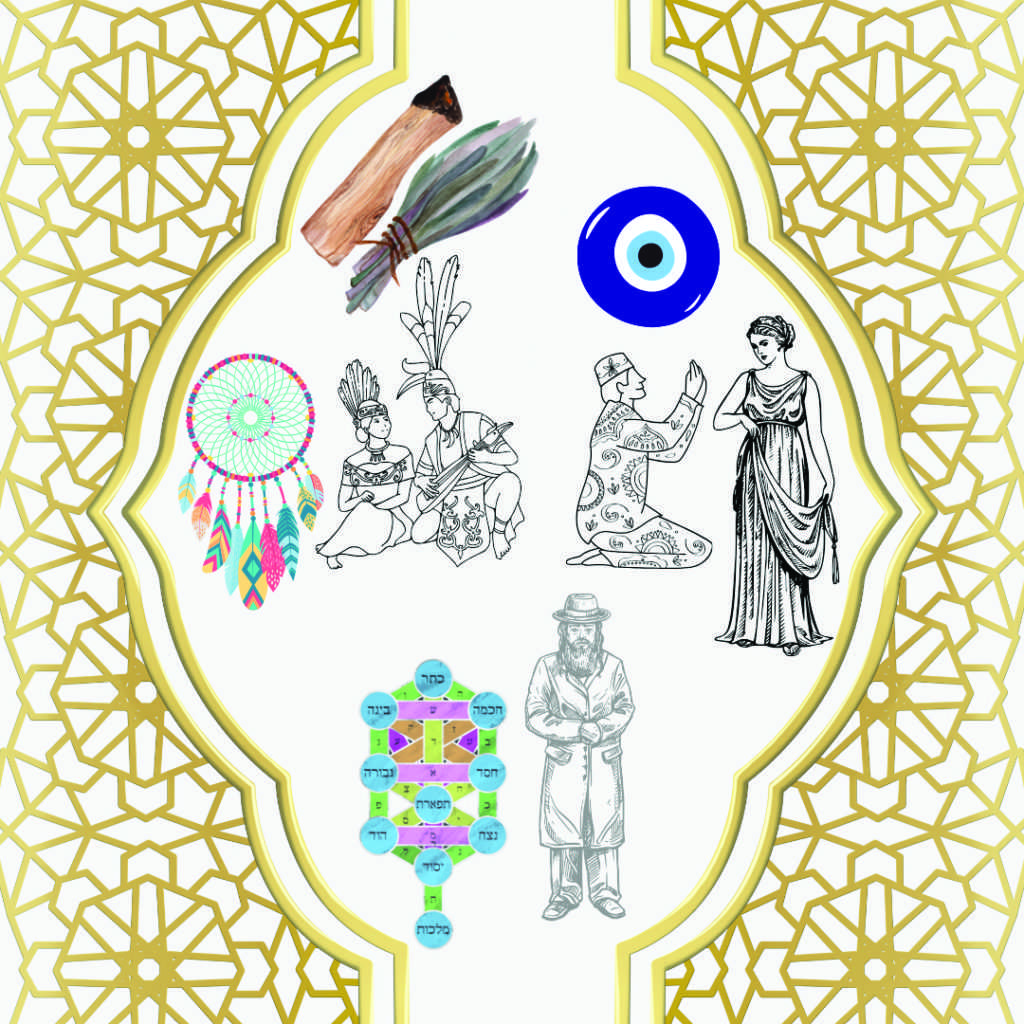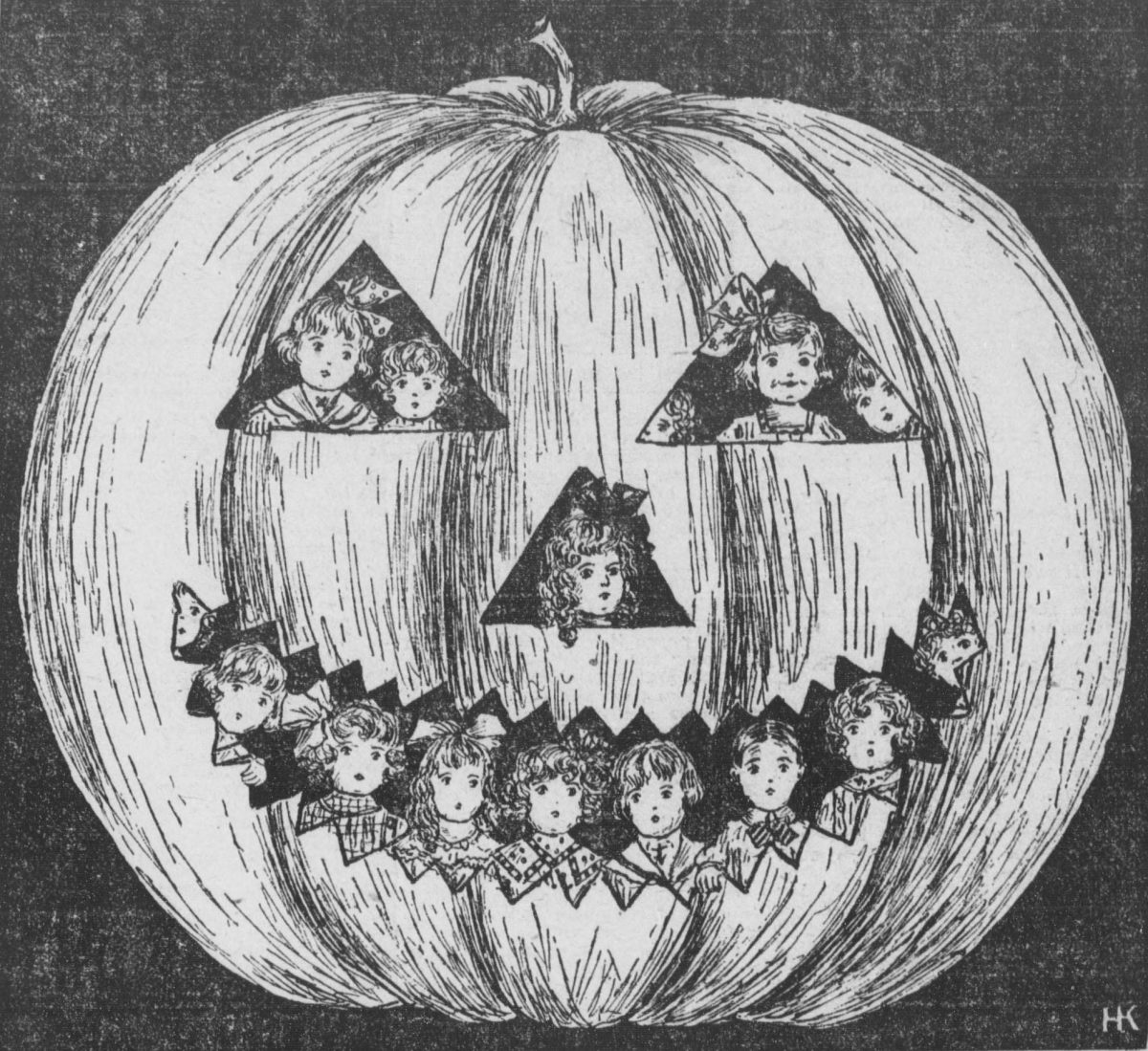In our modern world, cultural exchange and appreciation have become more common than ever.
Yet, in this age of globalization, it’s crucial to remember that not all cultural practices are meant to be shared freely. As students at Colorado Mesa University (CMU), where diversity and inclusivity should be celebrated, it’s essential to understand and respect closed practices from around the world.
One area where this issue often arises is in the buying and selling of cultural artifacts and spiritual items. Walk into any shop around town, and you might find shelves lined with white sage bundles, evil eye charms and dreamcatchers. While these items may seem harmless or even trendy to some, it’s important to recognize that some of them are not mere decorations – they hold deep cultural and spiritual significance for certain communities.
Take white sage, for example, often used in smudging ceremonies by Indigenous peoples in North America. While it has gained popularity in New Age circles for its purported cleansing properties, its commercialization has led to the plant becoming more rare, which means those who use it for sacred ceremonies and animals who rely on it for habitat are watching it slowly disappear. There are many other types of sage and pine that can be used as a replacement for those trying to cleanse a space.
Within American Indian communities, certain ceremonial dances, songs and rituals are considered closed and are only meant to be performed by members of the tribe or with their explicit permission. These practices are integral to their cultural identity and heritage, and sharing them without proper understanding or permission can be disrespectful and harmful.
Similarly, the evil eye, a symbol of protection in many cultures, and dreamcatchers, originating from Indigenous tribes, have been commodified and mass-produced without proper acknowledgment of their origins. What’s crucial to understand is that these practices and symbols are not just commodities; they are part of living traditions with roots in specific cultures. By buying and using these items without understanding their cultural context, we risk diluting their significance and perpetuating stereotypes.
In addition to the examples mentioned, there are several other closed practices worldwide that deserve acknowledgment and respect. For instance, Kabbalah (Jewish mysticism) appeared in the 12th century and is only open to those who are born into it and it is passed down as an oral tradition between generations. It is completely acceptable to learn more about it, but not to practice it.
Similarly, in many African cultures, there are sacred rituals, such as those associated with ancestor worship or spiritual healing, that are considered closed and reserved for specific individuals within the community. Practices such as Voudou should not be casually used by anyone who was not born into the culture.
It’s crucial to recognize that closed practices are not about exclusion but rather about preserving cultural integrity and respecting the sacredness of certain knowledge or rituals. As individuals seeking to engage in cultural exchange or appreciation, it’s essential to approach these practices with humility, curiosity and a willingness to learn from authentic sources.
So, what can we do as responsible consumers and members of a diverse community? Firstly, educate ourselves. Take the time to learn about the cultural significance of the items we buy and use. Seek out information from authentic sources, such as books, documentaries or have conversations with individuals from the respective cultures.
Secondly, support businesses and artisans who respect and honor cultural traditions. Look for retailers who source their products ethically, collaborate with Indigenous communities or offer educational resources alongside their merchandise.
Lastly, practice cultural sensitivity and humility. If you’re unsure about the appropriateness of using or buying a particular item, err on the side of caution. Ask questions, engage in dialogue and approach cultural exchange with respect and openness.
As members of a university community that values diversity and understanding, let’s strive to be mindful of the closed practices around us. By respecting and honoring cultural boundaries, we contribute to a more inclusive and respectful society where all traditions are acknowledged and celebrated in their authenticity.









